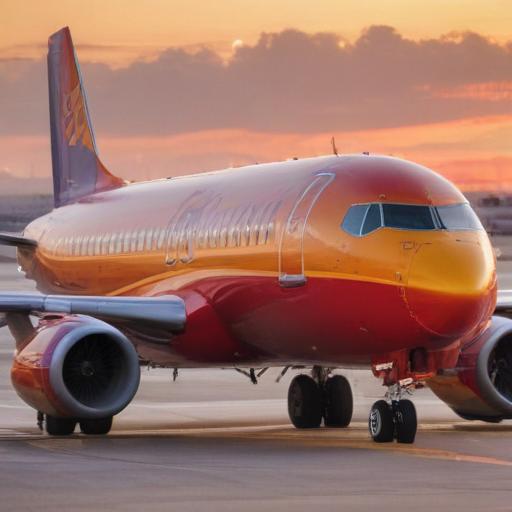Southwest Airlines is reassessing its traditional low-cost business model as it contemplates potential expansions into airport lounges, premium seating, and international long-haul flights. CEO Bob Jordan shared these insights during a recent press conference, emphasizing the company’s readiness to adapt to future customer needs. “Whatever customers need in 2025 or 2030, we won’t rule it out,” he said, acknowledging that the airline has lost passengers to competitors due to the absence of certain features that have become standard in the industry.
This potential shift represents a significant change for Southwest, which has built its brand on low fares, operational efficiency, and a no-frills travel experience. In contrast, rivals like American, Delta, and United Airlines have catered to premium travelers with luxury cabins and expansive international routes. Jordan reassured stakeholders that while Southern could modernize its offerings, it would maintain the essence of its brand. “I want to send fewer and fewer customers to another airline,” he stated.
A key area of focus is Nashville, a burgeoning hub for Southwest, where customer demand is evolving. According to Jordan, passengers there are increasingly seeking services such as lounges, first-class options, and flights to Europe—travel needs that Southwest currently does not fulfill.
As for long-haul routes, Jordan pointed out that moving in this direction would necessitate the acquisition of new aircraft, given the airline’s present all-Boeing 737 fleet. “We’re open to evaluating what it would take to support that mission,” he noted, although he did not specify any potential international destinations.
This willingness to explore new avenues reflects an awareness of changing consumer expectations. Historically, Southwest flourished by offering open seating and free checked bags, but rising operational costs and investor expectations are prompting the airline to gradually introduce additional features, including extra-legroom seating. The airline plans to transition to assigned seating by 2026 and has begun implementing baggage fees for some travelers outside its Business Select and loyalty programs.
Overall, Southwest Airlines appears to be positioning itself for future growth by keeping an open mind to customer demands while striving to retain its unique identity in the competitive airline landscape. This adaptability may prove beneficial in attracting a wider customer base and enhancing passenger experience in the coming years.
